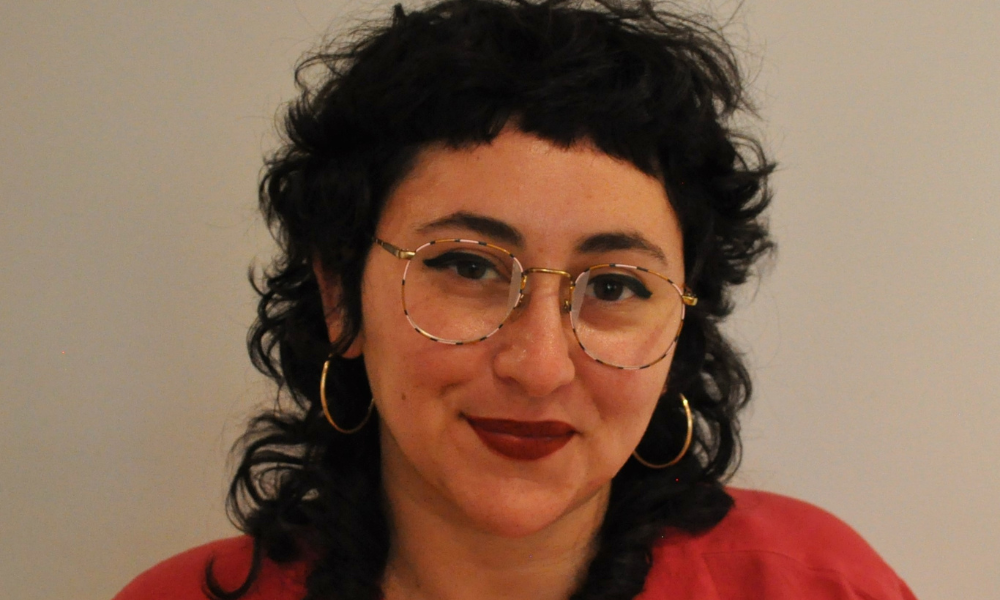
Injunction being sought to evict Palestinian solidarity encampment at BC University

The British Columbia Civil Liberties Association intervened in an injunction proceeding against pro-Palestinian student protesters, telling the B.C. Supreme Court that a legal analysis typically used to assess injunction requests should be changed to better protect the students’ free speech rights.
The BCCLA was one of several intervenors slated to present written arguments to the Supreme Court during the hearing Thursday and Friday. The case was launched in mid-July, when Vancouver Island University asked the court for an injunction to remove student protesters from its Nanaimo, B.C. campus.
Ga Grant, litigation staff counsel for BCCLA, told Canadian Lawyer Friday that the BCCLA has intervened in multiple cases involving freedom of speech issues in recent years. In 2020, for example, the advocacy group intervened in a case before the Federal Court of Appeal called Teksavvy v. Bell Media et al., asking the court to consider Charter rights when evaluating injunction requests.
“Injunction law was not created to be used in the context of policing protest rights, and that's how we're seeing it increasingly used in recent years,” Grant says.
Whether or not one agrees with what the student protesters at Vancouver Island University are expressing, Grant says, “being able to rely on our freedom of expression and the right to assembly is so essential in our democracy for everyone.” She added, “Suppressing one group’s right to protest also has impact in the law for preventing other groups from expressing themselves.”
The school alleged the protesters ignored a trespass notice as well as a deadline to leave their encampment. In a post on the university’s website, the school noted the Ontario Superior Court had recently granted a similar injunction request by the University of Toronto to remove an encampment on the school’s downtown campus.
In a brief filed to the B.C. Supreme Court Wednesday, the BCCLA explicitly asked the court not to adopt the Ontario court’s approach. To determine whether to grant the University of Toronto’s injunction request, the Ontario court had used a three-pronged test outlined in a 1994 case called RJR-MacDonald Inc. v. Canada (Attorney General).
The test considers whether the party applying for an injunction has a presented a serious question or a strong prima facie case; whether the applicant will suffer irreparable harm if the injunction is not granted; and whether the harm that will result from granting the injunction is greater than the harm that will result from not granting the injunction. The Ontario court ruled in favour of the university on all three prongs.
The BCCLA argued, however, that the RJR-MacDonald test should not apply to cases concerning free speech rights. In cases that involve expression unrelated to commercial purposes or activity, the BCCLA said, the Supreme Court of Canada has determined it is “virtually impossible” to apply the last two prongs of the RJR-MacDonald test “without grievously undermining the right to free expression.”
The same logic applies to the right to peaceful assembly, the BCCLA concluded.
The court should adopt a new framework for assessing injunction requests, the BCCLA argued. This would include the first two prongs of the RJR-MacDonald test, as well as an analysis of whether an injunction is necessary. The new framework would also consider whether the benefits of an injunction outweigh its negative effects, based on criteria like the cost of compliance and the impact the injunction would have on the parties’ rights under the Charter of Rights and Freedoms, which includes the right to freedom of expression, the advocacy group said.
Alternatively, the court should make sure that the third prong of the RJR-MacDonald test gives adequate consideration to the parties’ rights and values under the Charter, the BCCLA argued.
Vancouver Island University is represented by the law firm Clark Wilson LLP. A representative for the firm declined to comment Thursday.
Other intervenors in Vancouver Island University v. Sara Kishawi et al. include the British Columbia Federation of Students, the Centre for Free Expression, Independent Jewish Voices Canada, and more.